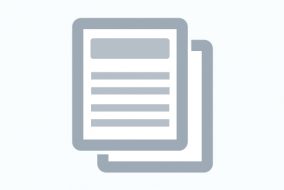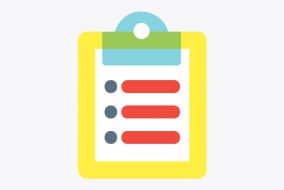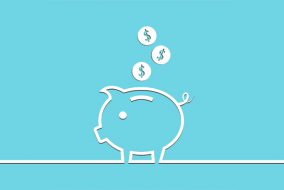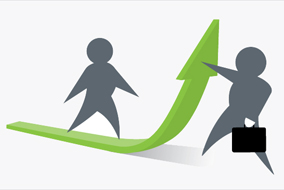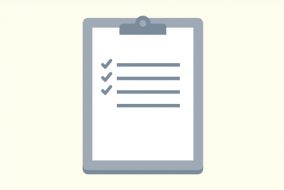In a world where threats to online information are numerous, wide-ranging and rapidly evolving, investors must be aware and be proactive.
According to a recent study by PwC, investors view cyber attacks as the biggest threat to business. Protecting personal information is a key area of focus for investment firms and regulators globally due to the potential harm these attacks cause for clients, firms and the investment industry in general. It’s also important for consumers and investors to be informed about how your financial institutions handle your personal information.1
How are companies responding?
Privacy breaches can have a number of negative repercussions. In addition to client harm, they can damage a company’s reputation and, in turn, reduce its share price. When sensitive information is stolen, investors and consumers lose trust.
Businesses are countering the risk by pouring billions of dollars globally into enhanced cybersecurity measures. Updating technology, having a thorough incident response plan and providing employee training are all measures that financial institutions are taking to reduce the risk of cyberattacks and privacy breaches – and this ultimately benefits you, the investor.
How can I reduce the risk?
As investors, we enjoy modern conveniences like online banking and trading so we share our information online on a regular basis. While this connectivity is mostly a positive thing, it can also open us up to an array of privacy concerns. Educating yourself about privacy online can help safeguard your information.
- Be aware of phishing scams. Hackers have the ability to clone emails from organizations like banks and ask users for personal information. One quick way to spot a phishing email is poor grammar and spelling. Do not click on links from suspicious-looking emails.
- Keep your anti-virus software up-to-date. Viruses are constantly changing, so it’s in your best interest to say ‘yes’ to any update pop-ups that appear on your screen. Make the process seamless by turning on automatic updates.
- Use a unique password. You’re more likely to be hacked if you use an easy-to-guess password like your name, birthdate or anything that includes ‘123’. Using a unique series of numbers, letters and characters is a good starting point for protecting your information. Two-factor authentication takes it one step further by enabling you to use both a password and another measure such as a fingerprint or a PIN for added security.
- Lock your screen. Whether it’s your phone, laptop or tablet, locking your screen will help to ensure that hackers can’t access your information if these devices get lost or stolen.
- Delete automatic WiFi networks. Hackers can set up fake WiFi networks to mimic the networks you log onto automatically and access your information. Be sure to routinely delete your automatic networks and log back in.
It’s up to everyone to be proactive and take measures to reduce risk. The steps you take to secure your information can make a difference.
1 PwC Global Investor Survey 2018








